Fern Guitars’ the Phoenix – An all wood modular guitar system
The company has almost reached its target on Kickstarter
The Phoenix by Fern Guitars is an all-wood modular guitar system which allows players to swap out whole modules with different pickup combinations. Currently on Kickstarter, and looking like it will hit its target, will this new modular guitar system rise above the flames?
Fern Guitars The Phoenix
With a name like The Phoenix, you’d expect a hot fiery design, maybe with striking wings. This Fern Guitars model, however, is an all wood, modular guitar that looks decidedly clunky and not quite like a mythical bird about to take flight. It has been a year since we first saw the idea prototyped and now it is nearly backed on Kickstarter.
I’m a fan of the idea and if the pricing can be kept low enough, then I am sure some players would be willing to take it on. Personally, though, I think it looks a bit like a college woodwork assignment. But if the company works more on the overall aesthetic, then it could grow in time.
Modules
Each module comes with either an HH, HSS or SS style with matching switching and control knob layouts. The Pickup Modules can be swapped in seconds, without the need to disassemble or change strings, which could be a great feature for some musicians, especially in the studio. In theory you could have Humbuckers, Single-Coils or P90s, in just about any combination, and all on one guitar.
- Fern Guitars The Phoenix Dual Humbucker layout · Source: Kickstarter/Fern Guitars
- Fern Guitars The Phoenix T-Style layout · Source: Kickstarter/Fern Guitars
Introductory Pricing
Fern Guitars hopes to start by shipping the Phoenix to the US and Canada, but is looking into international shipping in the future. It is also offering some nice introductory pricing to get the project off the ground, which means you can save some sizeable amounts of money.
The first 10 backers will receive the Phoenix and one module for $999, after which the price goes up to $1200 per guitar. The Pickup Modules cost $425 each for the first 10 sold and $445 afterwards. You can see and hear The Phoenix in action in the demo videos below. I’ve put the links to the Kickstarter page and Instagram, if you’d like to follow and/or back the project.
RRP – Introductory pricing USD 999 going up to USD 1200 afterwards, Introductory Modules USD 425 each, going up to USD 445
More Information
Video
You are currently viewing a placeholder content from YouTube. To access the actual content, click the button below. Please note that doing so will share data with third-party providers.
You are currently viewing a placeholder content from YouTube. To access the actual content, click the button below. Please note that doing so will share data with third-party providers.
6 responses to “Fern Guitars’ the Phoenix – An all wood modular guitar system”
You are currently viewing a placeholder content from Facebook. To access the actual content, click the button below. Please note that doing so will share data with third-party providers.
More InformationYou are currently viewing a placeholder content from Instagram. To access the actual content, click the button below. Please note that doing so will share data with third-party providers.
More InformationYou are currently viewing a placeholder content from X. To access the actual content, click the button below. Please note that doing so will share data with third-party providers.
More Information
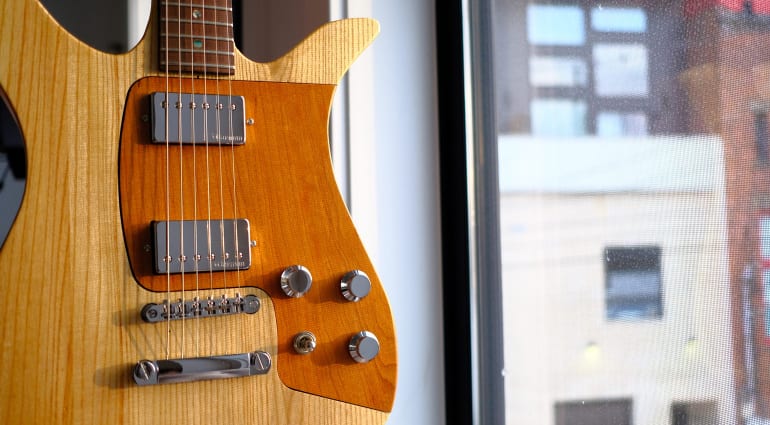

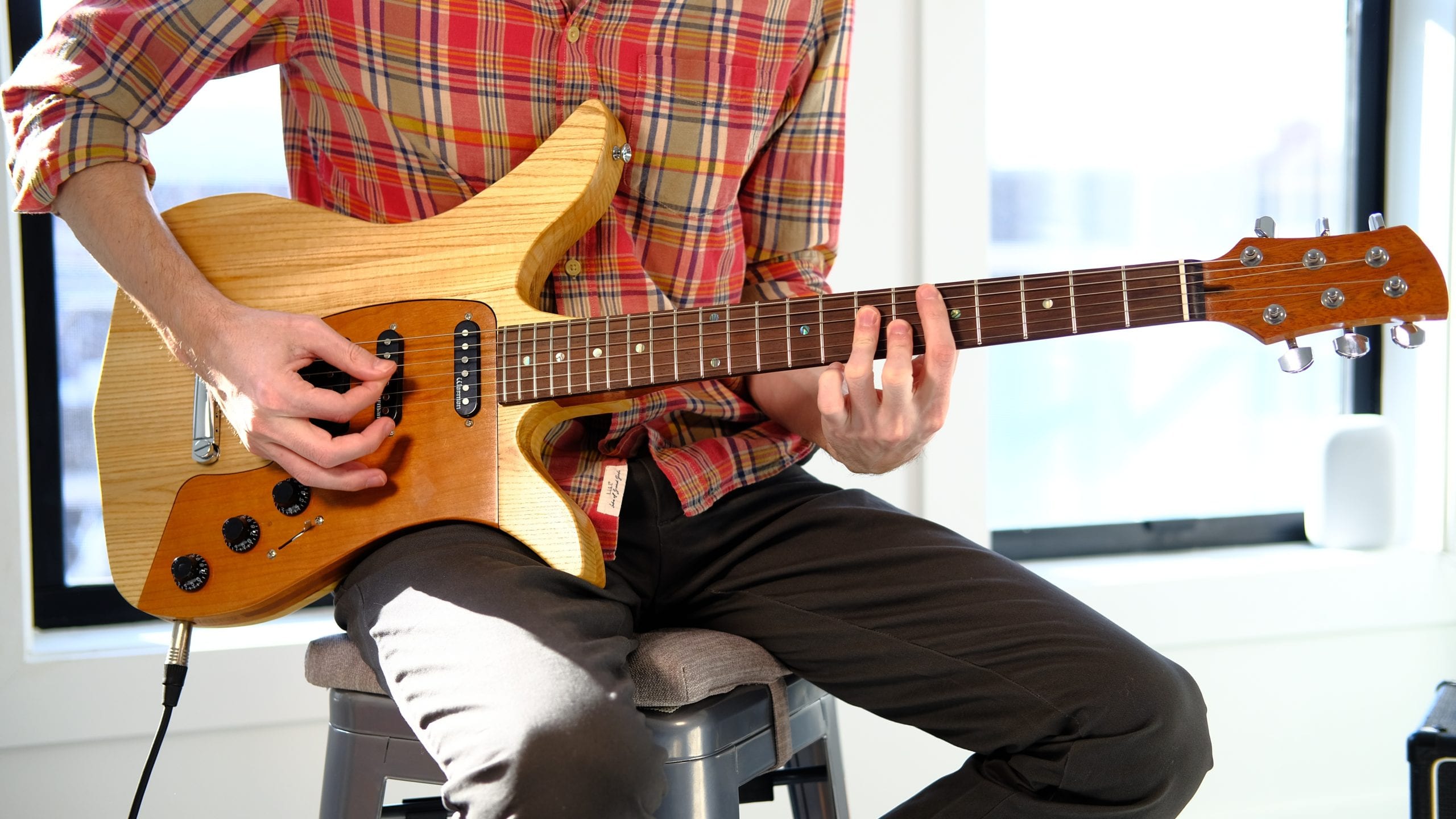
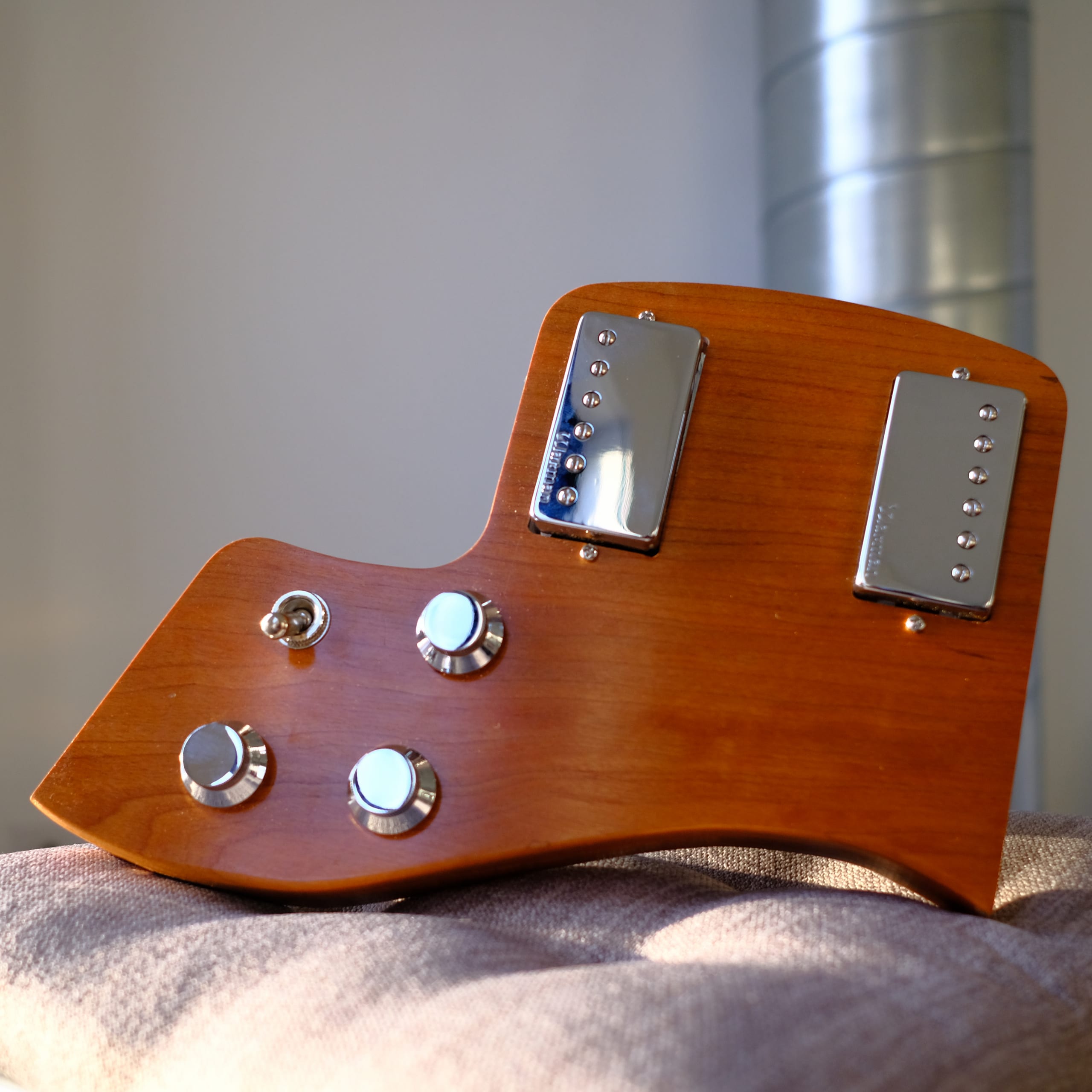
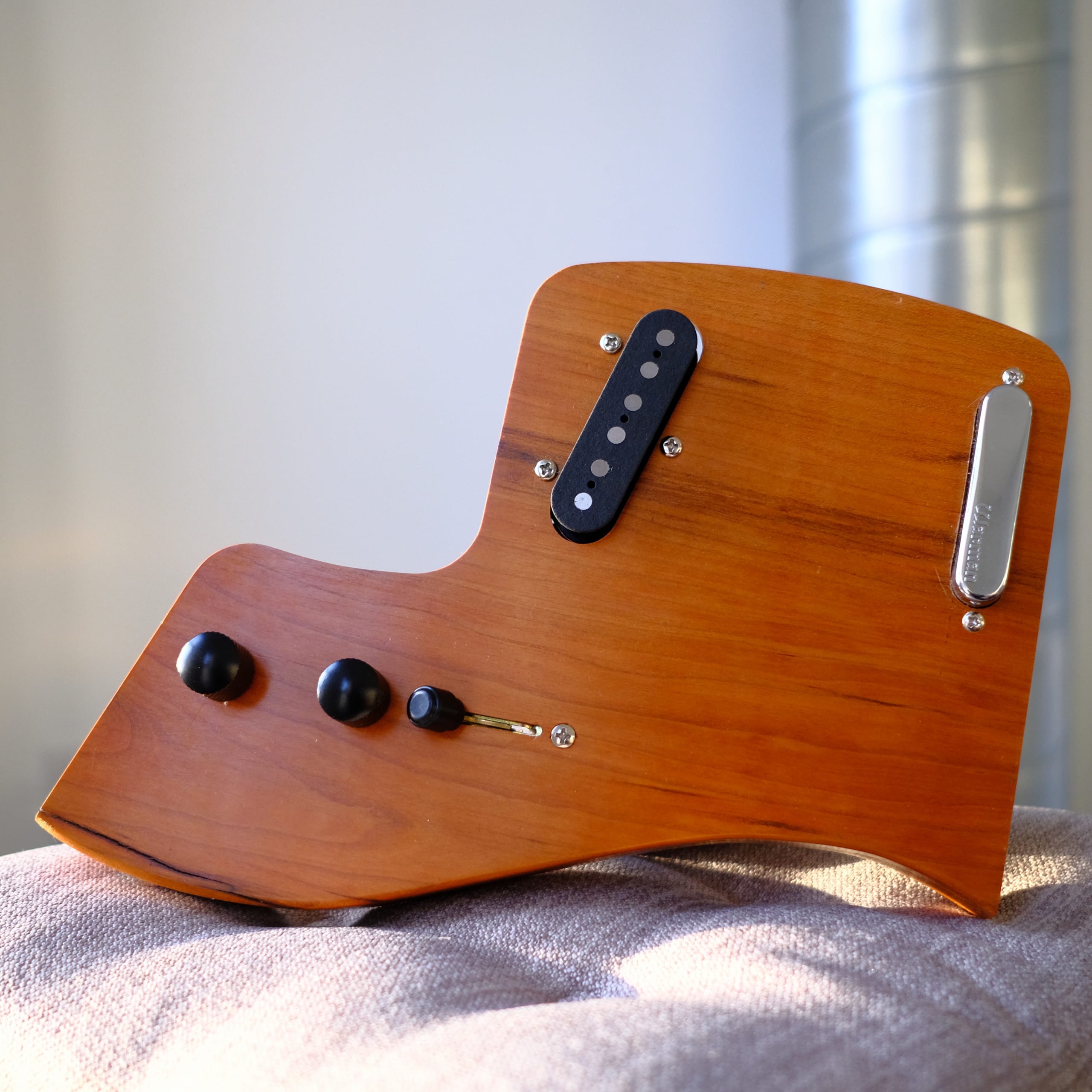
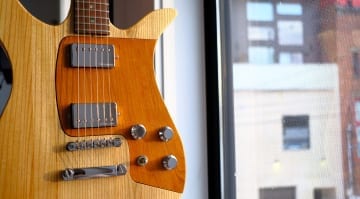

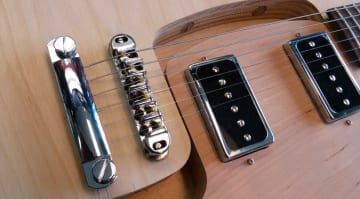
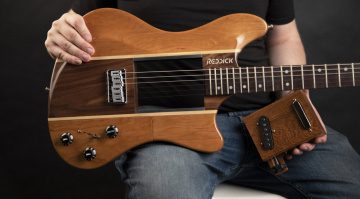
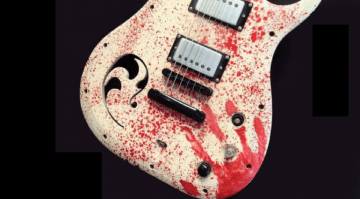
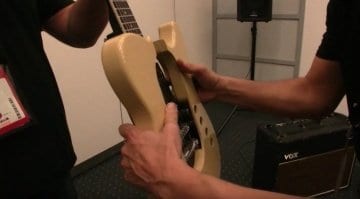
Actually looks more like a high school shop project than college level.
Its an interesting idea, but it does look like a novelty kitchen chopping board. And with pickup modelling in software well-established for years, is there really any market for it?
I agree, the aesthetic appeal isn’t really there yet. But the idea itself is well executed. Whether players will stump up for pre-made pickup configurations is the crux though
In terms of saving ressources and space it makes sense – but considering how many (good looking) Harley Benton guitars you can buy for 1000$ it makes little sense
The idea is good, just I feel it needs some refining to make it more attractive to potential customers. I’m going to follow the project and I’ll report more back if it grows further.
It’s been done in varying ways many times before. The gibson ‘push tone’ guitar from a decade or so ago is just one example, but there have been others as well. Best of luck to them, hopefully something about their design makes it succeed where others have not.